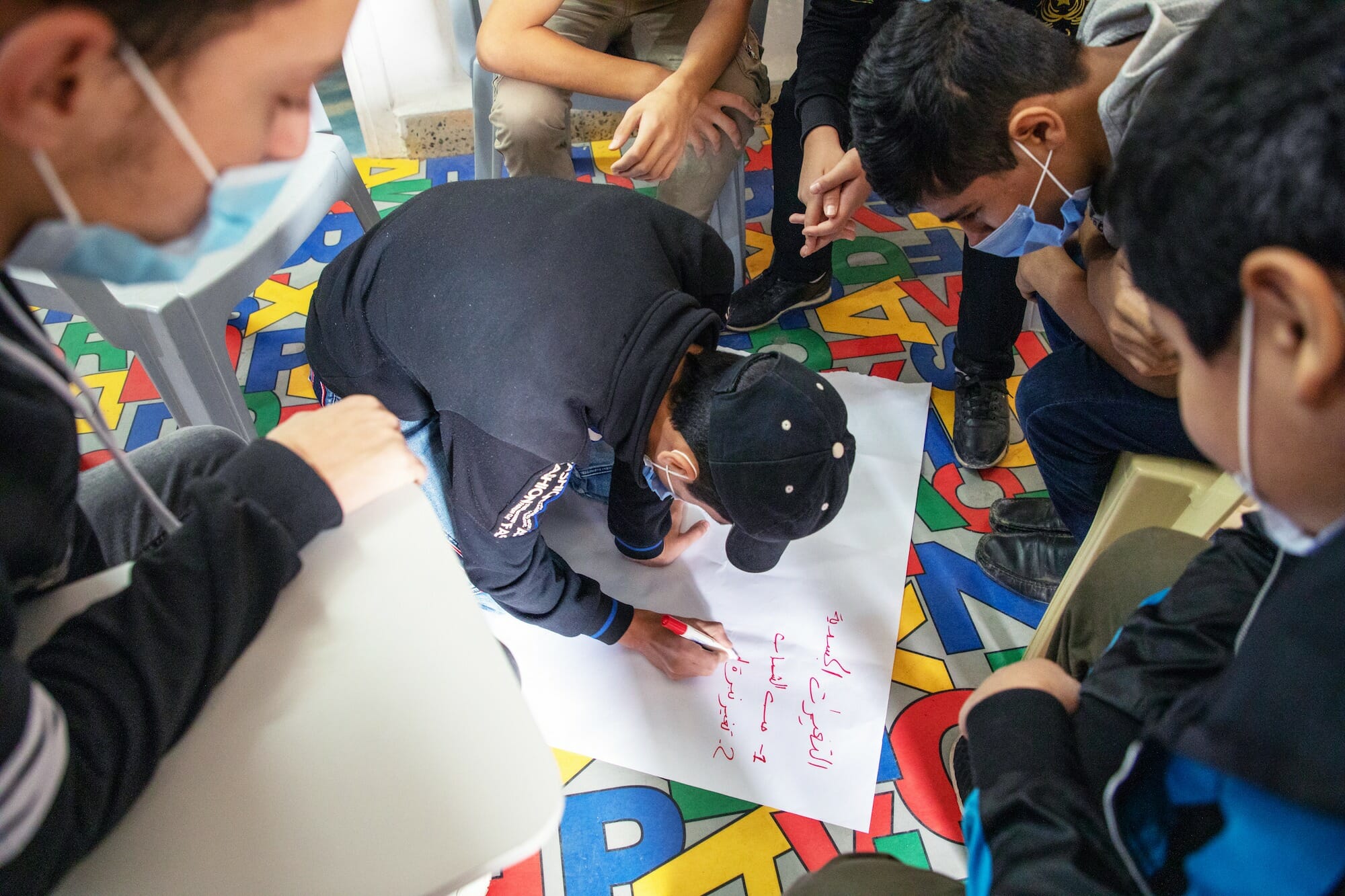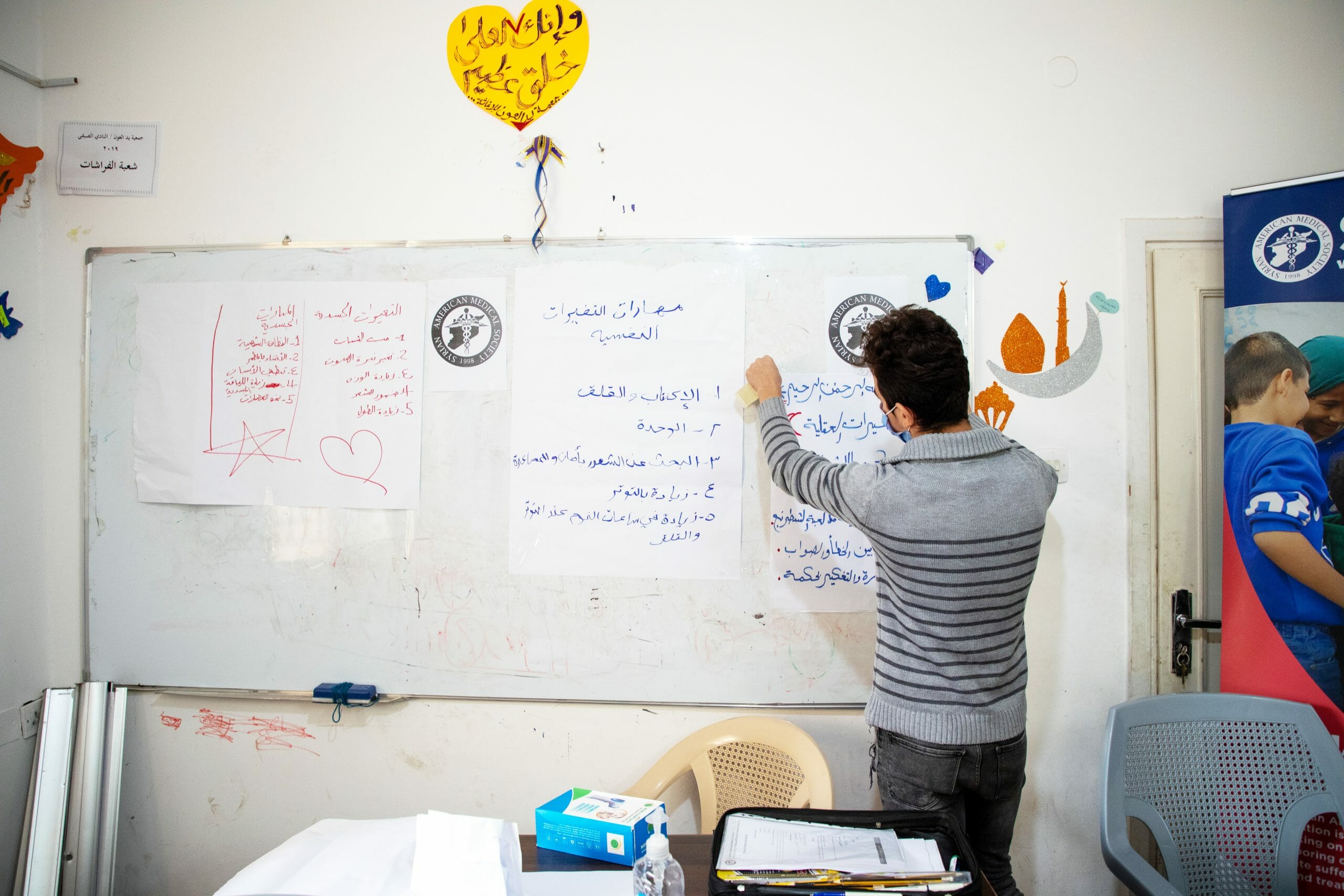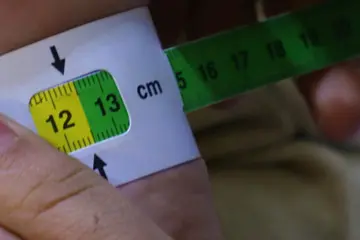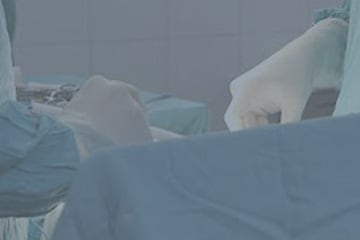June 15, 2021
It is far too often that refugees and underserved communities don’t get the chance to engage in the healing process after trauma-related to displacement and take part in providing critical assistance to their communities. This is especially true in regards to mental health.
In Syria and its neighboring countries, SAMS continues to lead a number of mental health and psychosocial support (MHPSS) programs for adolescents and children caught in conflict, providing methods and tools to conflict-affected individuals in order for them to cope with the trauma that comes from experiencing violence and displacement.
One of these success stories is Omar, a 17-year-old Syrian refugee student in Jordan. Omar was invited to participate in one of SAMS’ MHPSS programs because of his strong interest in assisting others who were also suffering from social anxiety, low self-esteem, and other often underserved mental health issues. After spending some time in the program and receiving support and assistance from our MHPSS team, Omar was able to overcome many of his own issues and decided that it was time for him to give back and do the same for others in his community.
After finishing rigorous training, Omar joined the program as a volunteer in Irbid to hone his communication and presentation skills which helped him deal with his own social anxiety but also gave him the tools to help others who had been dealing with similar struggles. Thanks to this program, Omar has become more active, while improving his relationships with his family and friends and helping others deal with similar issues.
“I am sure that these programs will help many teenagers like myself as we navigate through the challenges of living in displacement. This program will make our lives significantly easier and lessen the conflict and tension so that we can have a brighter future.“
Omar’s experience with MHPSS and his continued contribution to the community showcases the positive impact of these programs while highlighting the ability of young people to act as a catalyst for hope when given the tools and opportunities to engage and participate in the healing process.





